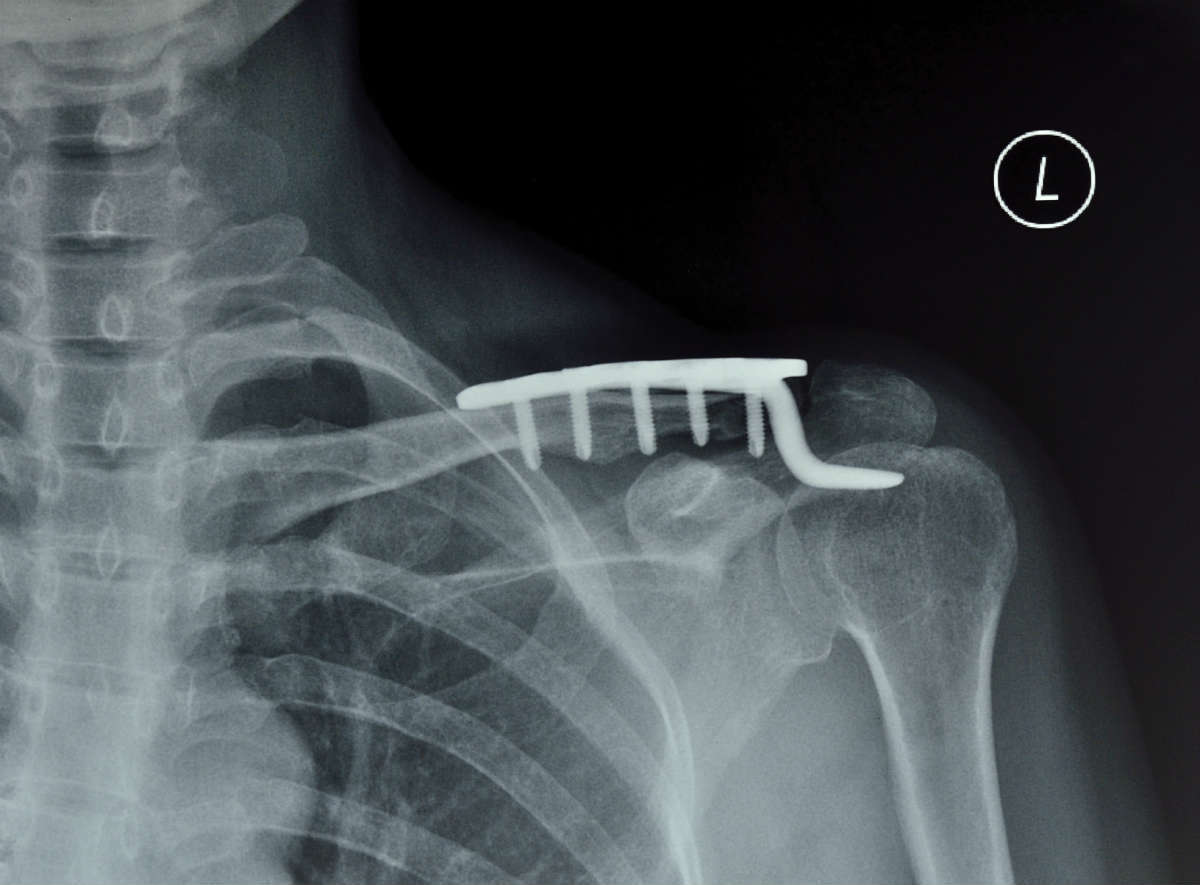Shoulder Fusion and Missouri Workers’ Compensation Benefits
Shoulder fusion is a medical procedure designed to restore painless motion to the joint when all other options fail.

Injuries to the shoulder are common in the Missouri workplace, and if left untreated can become serious conditions that can affect the rest of your life.
If your shoulder injury treatment has reached a point where traditional treatments are no longer working, shoulder fusion surgery could be your only hope. In the event that the injury was the result of your occupation, your employer should cover the expense of that surgery through their workers’ compensation benefits. If you have any question about the way in which this works, or for how to file your claim to receive your benefits, our law offices can help.
Shoulder Injuries in the Missouri Workplace
Your shoulder is a combination of different joints, tendons and muscles which all work together to give mobility to your arms. It is because of its complex anatomy that you are able to move your arms in a number of different directions, and bear weight on them. Shoulder pain that is not related to an accident usually comes from repetitive and prolonged movements of the arms.
It may surprise you to learn that common workplace tasks such as frequent use of a computer mouse, the use of factory machinery, carrying heavy materials and swiping items at a store checkout can all lead to shoulder chronic shoulder pain, and could necessitate shoulder fusion depending on how far it has progressed.
Since computers have become commonplace in the office, employers have noticed a rise in shoulder pain work comp claims. This is due to the long amounts of time spent in a sedentary position, often with pressure being applied to the wrists while typing. Electricians and painters are also at risk for work related shoulder injuries, due to having the arms extended over the head for long periods of time.
Accidents at work can also cause injury to the shoulder. If you were to fall and land on your outstretched arm for example, you could cause damage to the ligaments or joint socket. Direct hits to the shoulder from heavy equipment, or even an unexpected sudden twisting of the arm could also cause an acute injury.
What is Shoulder Fusion?
Severe injury to the shoulder can cause you to completely lose its function. Shoulder paralysis is a condition where the shoulder becomes frozen in place at the joint. Shoulder fusion corrects this condition by affixing the end of the shoulder blade to the top of the upper arm. This is a last resort option for shoulder pain, as it will not restore full mobility to the arm. Instead, the surgeon will determine what your primary needs are, and adjust the fusion to be able to meet them. Surgical screws and sometimes a metal plate are used in order to hold the joint in place. The shoulder is typically positioned so that the hand can still reach the mouth and extend to the hip area, making it impossible to use that arm to brush ones hair, shave, or tie shoes. Because of this, many workers in Missouri who have no other option but to undergo shoulder fusion to relieve pain are not able to return to work at full capacity.
Workers Compensation Benefits and Shoulder Fusion
If the injury leading to the necessity of shoulder fusion is directly related to your job, then your employer will be responsible for paying the cost of treating it. This is done through their workers compensation insurance provider. Other means of treatment will likely be attempted first, such as therapy and rehabilitative exercise, but if they are unsuccessful at treating the pain, then your doctor may recommend shoulder fusion. This operation, and your recovery costs should also be covered through your employer.
Shoulder fusion could leave you permanently disabled, and unable to return to the workforce. The employer will be responsible for paying you a portion of your salary, along with future medical care. If you are having trouble obtaining your full benefit, or if your employer is not allowing shoulder fusion surgery, contact the Law Office of James M. Hoffmann at (314) 361-4300.
